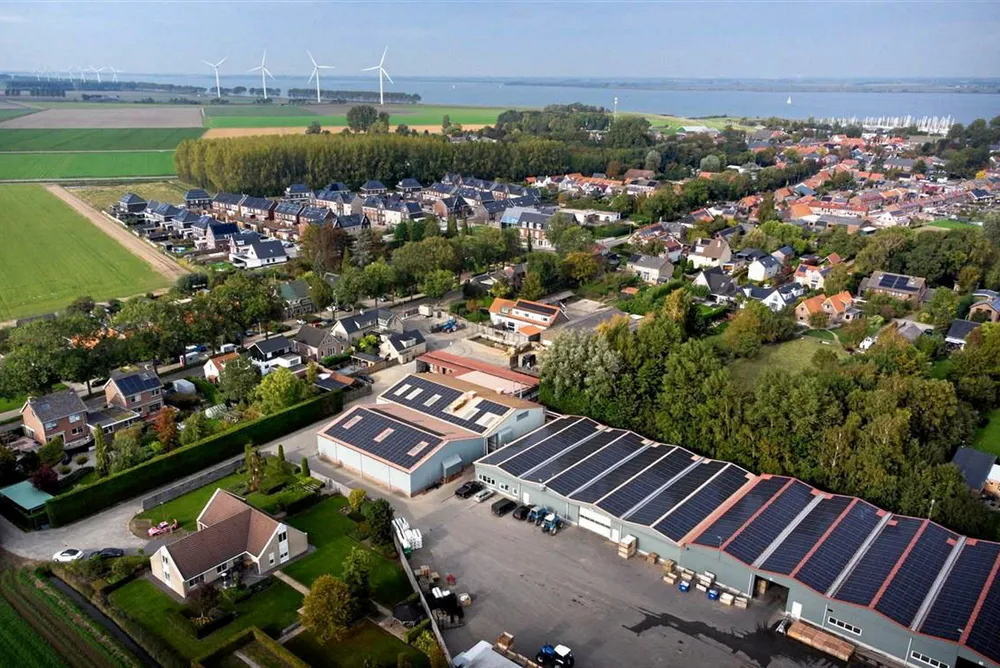Dutch 'city' begins voting on whether to switch heat supply from gas to green hydrogen made with excess renewables
Gas network will be converted to run on locally produced renewable H2 if 70% or more of residents vote 'yes'

Gas network will be converted to run on locally produced renewable H2 if 70% or more of residents vote 'yes'
